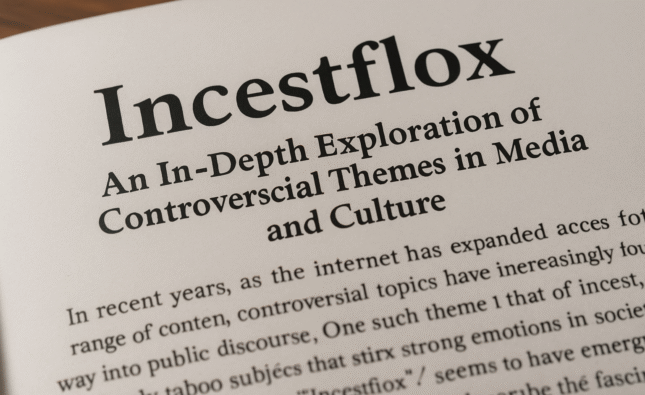Copyright is a legal concept that allows the creator of an original work exclusive rights to its use and distribution, usually for a limited time, with the goal of allowing the creator to be compensated for their intellectual effort.
The concept of copyright can sometimes seem complex and confusing, and understanding the duration of a copyright is crucial for both creators and users of copyrighted works. But how long is a copyright valid for?
The duration of copyright protection varies depending on the rules of the country or region where the work was created or where the copyright holder wishes to seek protection. Dive into the intricacies of copyright law, gain clarity, and be better equipped to navigate intellectual property.
Copyright Duration for Works Created After January 1, 1978
If you created a work after January 1, 1978, the duration of its copyright protection varies depending on several factors. For works created by individuals, copyright protection lasts for the life of the author plus an additional 70 years. This implies that copyright law will protect your work both during your lifetime and for 70 years following your death.
However, if your work is anonymous or pseudonymous, the duration of copyright protection is 95 years from the year of its first publication or 120 years from the year of its creation, whichever is shorter.
For works created by corporations or other organizations, copyright protection lasts for 95 years from the year of its first publication or 120 years from the year of its creation, whichever is shorter. This means that if you create a work as an employee for a company, the copyright protection lasts for 95 years from the year of its first publication or 120 years from the year of its creation, whichever comes first.
It is important to note that these durations are subject to certain exceptions and limitations. For example, copyright protection can be extended for certain works, such as works made for hire or for works with a copyright registered before January 1, 1978. Additionally, copyright protection may be terminated under specific circumstances.
Copyright Duration for Works Created Before January 1, 1978
The duration of copyright protection for works created before January 1, 1978, varies depending on several factors. Generally, for works created before this date, the copyright duration is determined by the year of first publication, the type of work, and whether the work was published with proper copyright notice.
For works that were published with a valid copyright notice, the maximum copyright duration is 95 years from the date of publication. This means that if a work was published in 1950, the copyright protection would last until 2045. However, if the copyright wasn’t properly renewed, the work might’ve fallen into the public domain.
For works created before January 1, 1978, but not published with a valid copyright notice, the copyright duration is a bit different. These works are protected for a maximum of 70 years after the death of the author. So, if an author passed away in 1980, the copyright would expire in 2050.
It is important to note that works created before January 1, 1978, have different copyright rules compared to works created after that date. Understanding these rules is crucial in determining the copyright duration of older works and whether they’re still protected or in the public domain.
Copyright Duration for Works Owned by Individuals
For works created on or after January 1, 1978, copyright protection lasts for the life of the author plus 70 years. This means that as the owner of a copyright, you have exclusive rights to reproduce, distribute, display, and perform your work during this period.
However, there are exceptions to this general rule. If the work is created anonymously or under a pseudonym, the copyright lasts for 95 years from the year of its first publication or 120 years from the year of its creation, whichever is shorter. And for works made for hire or commissioned works, the copyright duration is 95 years from the year of its first publication or 120 years from the year of its creation, whichever comes first.
Note that copyright duration can vary for different types of works. For instance, the date of first publication or the date of creation determines copyright for anonymous works, pseudonymous works, and works produced for hire. On the other hand, copyright for works of joint authorship lasts for 70 years after the last surviving author’s death.
Copyright Duration for Works Owned by Corporations
When it comes to corporations, the copyright duration is slightly different from that of works owned by individuals. For works created by corporations, the copyright duration is 95 years from the date of publication or 120 years from the date of creation, whichever is shorter. This means that corporations can enjoy exclusive rights to their works for a significant amount of time.
The rationale behind this longer copyright duration for works owned by corporations is to encourage creativity and innovation within the corporate sector. By granting an extended period of copyright protection, corporations have the opportunity to fully exploit and profit from their creative works. This can incentivize corporations to invest in and produce high-quality content, which benefits both the corporation and the public.
Copyright duration for works owned by corporations applies to various types of creative works, such as books, music, films, and software. However, it’s crucial for corporations to keep track of the copyright expiration date to avoid any infringement issues.
Factors That Can Impact Copyright Duration
The date of creation plays a significant role in determining how long a copyright will last. Generally, works created on or after January 1, 1978, are protected for the life of the author plus an additional 70 years. However, for works made for hire or anonymous works, the copyright duration is 95 years from the publication date or 120 years from the creation date, whichever is shorter.
The type of work also affects the duration of copyright protection. For works created by an individual, such as books, paintings, or songs, the copyright protection lasts for the life of the author plus 70 years. On the other hand, works created by corporations or other entities have different copyright durations. In these cases, the copyright protection lasts for 95 years from the publication date or 120 years from the creation date, whichever is shorter.
Copyright duration has changed over time due to various factors, including changes in copyright laws and international agreements. Therefore, it’s always advisable to consult the relevant copyright laws and regulations to determine the exact duration of copyright protection for a specific work.
Conclusion
In terms of intellectual property rights, whether you are a creator or just someone curious about copyright laws, it’s important to understand several factors that can affect the duration of a copyright for a particular type of work. When in doubt, it’s recommended to consult with an expert who understands this law.






